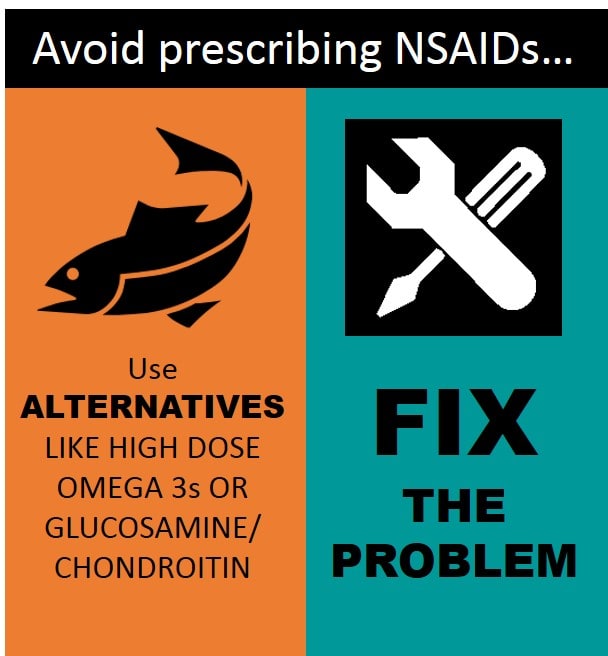Motrin Alternatives-Not Only Can Motrin Kill You, It Can Also Delay Rotator Cuff Tendon Healing

The Need for Motrin Alternatives is Ever Increasing
You really have to find Motrin alternatives, as NSAIDs or anti-inflammatory drugs are awful. There really isn’t another drug that is so widely used by so many people that is so dangerous. Think about this for a second. What if I told you that there was a drug you can buy at the grocery store over the counter (OTC) that carries a 1 in 1,200 chance of killing you if you took it for more than 60 days? How about if I told you that this OTC drug caused 4 heart attacks for every 1,000 patients that take it? So at any busy grocery store, over a several month period, as a thousand bottles of the drug is sold, 4 customers will have heart attacks that they otherwise wouldn’t have had. How about that the drug would almost triple your chance of dropping dead from a fatal heart attack? How about that the American Heart Association had placed a warning on the drug and that they have started a campaign to educate doctors not to prescribe or recommend it? Meet the dysfunctional NSAID family of drugs like Motrin, Alleve, Ibuprofen, Naprosyn and their prescription cousins like Celebrex, Voltaren, Relafen, and DayPro. Now a new study shows that in addition to dramatically raising your risk of dying, these drugs can also reduce tendon healing.
The new study looked at an experimental animal model of rotator cuff tendon healing. After cutting the rotator cuff tendons they gave one group of rats NSAID drugs immediately after the injury, another group got them 11-20 days after the injury, and a third just received saline. The group that had the medications 11-20 days after the surgery had issues healing the tendon and decreased strength. Why this group? This is when the local stem cells are most active helping to coordinate a repair response. My guess would be that the NSAIDs are poisoning these local stem cells.
Now since just about every post-op rotator cuff repair in the United States gets a script for NSAIDs or is told to take them after surgery OTC, this is a huge problem. In addition, surgery patients are often encouraged to replace the narcotics given immediately after the surgery with NSAIDs and this usually happens in the first 1-2 weeks. So most patients are switching from narcotics to NSAIDs about day 11-20 after surgery. Ouch!
The upshot? NSAIDs are very dangerous drugs. Major medical groups have opposed their wide spread use, but they are a multi-billion dollar market generating more than 15 billion in 2008. If you take these drugs, you would do much better to switch to a specific regimen of high dose fish oil as Motrin alternatives to help your aching joints!

If you have questions or comments about this blog post, please email us at [email protected]
NOTE: This blog post provides general information to help the reader better understand regenerative medicine, musculoskeletal health, and related subjects. All content provided in this blog, website, or any linked materials, including text, graphics, images, patient profiles, outcomes, and information, are not intended and should not be considered or used as a substitute for medical advice, diagnosis, or treatment. Please always consult with a professional and certified healthcare provider to discuss if a treatment is right for you.